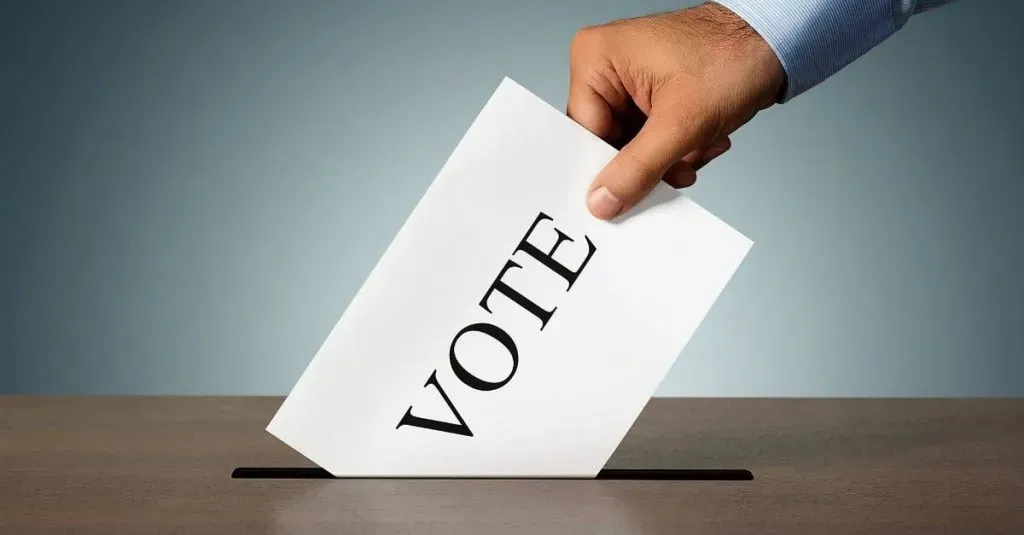
So who were some of the big winners across Europe?
Taking a more in depth look at the changing demographic in Europe as the mountain wave of nationalist populst nations also become some of the most successful and some of those that are in the process of change as decisions made for them by the globalist elite begin to manifest.
Italy – 73 Seats – Matias Salvini – League Party.
Nationalist – 28 Seats
Social Democrats – 19 Seats
Freedom and Direct Democracy – 14 Seats
Matias Salvini’s Euro Sceptic, anti immigration, party have gone from strength to strength and now directly control 28 Seats in Italy. This means that the Italian nationalist, populists now control 66% of all seats for Italy with the more EU aligned socialists controlling just 26%. Matteo Salvini is currently riding high on a wave of very successful immigration control and rejecting orders from Brussels and that sentiment seems to even confer success upon parties which share 1 or 2 of these principles. Though they may not share exactly the same policies as Matteo Salvini’s League party, nationalist populists seem to be doing extremely well in Italy as The League Party deliver upon their promise to stop mass migration. An example which many parties in Europe have not overlooked.
Hungary- 21 Seats – Viktor Orban – Fidesz Party.
EPP – 13 Seats
SD – 5 Seats
ALDE – 2 Seats
NA – 1 Seats
Viktor Orban maintained and even slightly extended his super majority. With the support of his allies across the other euro sceptic nations, Viktor Orban continues to correctly read the mood of not just his own people, but many populations across Europe and seems likely to remain a very influential figure in Europe for some time to come. It is common to see comments such as ”I wish we had an Orban in my country”. in social media and political forums almost everywhere. Unafraid of making tough decisions and utterly dedicated to protecting the social and economic structure of Hungary, Hungary is riding high enjoying economic, cultural and political success which many might envy. The Hungarian’s along with their allies in Slovenia, Poland etc should prove to be a highly influential group in the coming parliamentary term.
Greece – 21 Seats – Alex Tsipras
EPP – 7 Seats
SD – 2 Seats
NA – 4 Seats
GUENGL -6 Seats
NA -2 Seats
If one looked at figures on the Guardian website 24 hours ago (among others) there seems to have been a big recount which has changed the seats a little from the overwhelming win, however, the shift to the right has been significant enough that the Greek Prime Minister has had to bring national elections forward, unsure if he still has a mandate as the country shifts towards the centre right from his hard left socialist government.
Initial figures originally put the EPP on 9 Seats and we are still looking into that. However, the country does seem to be experiencing a paradigm shift as the public begin to realise that hard line socialism is not going to end austerity, particularly with an almost puppet government that simply takes their orders from Brussels. Most indicators in the Greek election of Alex Tsipras were that the Greek people thought that electing a socialist government would end the austerity which is destroying the lives of the Greek people. Of course, if there is one lesson from history, it is that social programs need to be paid for and there are few socialist governments that have managed to balance those books and with limitation imposed on Greece as part of the monetary union and with a government unable to present solutions which are acceptable to the trojka, this was more unlikely than ever. At the end of January a letter from the former Ambassador of Greece to Jean Claude Junker first surfaced where the Ambassador calls upon article 41.3 of the Charter of Fundamental Rights of the European Union to request damages for harm caused by the mistakes of the European Union. It is a rather long letter detailing the harm done by European banks to Greece. He points out that despite extreme austerity, public debt, that was in 2010, 120% of GDP, is now 186% of GDP. He points out that the terms imposed upon Greece were to bailout German and French banks, not the EU and not Greece. Publicity around this letter and it contents has not gone away and seems only to have gained momentum in the minds of many Greek people suffering austerity which the current government have failed to address. As austerity continues and the socialist government continue to provide no answers conditions for Greece get worse. One can only assume that the Greek people must consider a new government that IS willing to stand up to the tyranny of Brussels. As was pointed out, the Greek agreement was made without any due democratic process by the secretive Euro group behind closed doors. The Citizens of Europe and Greece in particular have been paying for it ever since and the Greek people are just starting to realise it.
France – 74 Seats – Emmanuel Jean-Michel Macron
ENF – 22 Seats
ALDE -21 Seats
GREEN -12 Seats
EPP – 8 Seats
GUENGL – 6 Seats
SD – 5 Seats
The tenuous position of pro immigration, population replacement fanatic Emmanuel Macron played out almost as expected with the ”En Marche” party losing their European Majority to conservative Marine Le Penne. France is an interesting barometer in general as the French people tend to be very slow to change and historically, polls can show quite strong results which might seem to indicate that a shift is taking place only for voters to vote the same way as they always have when they get to the ballot box. That did not happen this time. One of the most unpopular leaders in Europe, Emanuel Macron was given a bloody nose by voters that have had enough of his liberal ideology of heavy taxation to pay for migration. This has hit ordinary people hardest and as people begin to feel the effect of mass migration upon their own lives they are starting to see their danger. Either directly, in the form of personal safety and conditions in the street, or indirectly, as a result of the increasing burden of taxation required to pay for Emmanuel Macron’s ideological project. As manifested by the 28 consecutive weeks of ‘gilet jaune” protests, it seems that the French people may be starting to wake up to the cost of past choices.
Poland – 51 Seats – Ignacy Daszyński
ECR – 23 Seats
EPP – 16 Seats
SD – 5 Seats
NA – 7 Seats
The Populist nationalist vote has been building in Poland for quite some time by now. However, Poland’s ruling Law and Justice Party surged at the European elections in the face of censure and condemnation from the EU for their stance concerning traditionalist family values and their commitment to maintaining a functional integrated democracy. Poland’s economy is one of the best performing in Europe and in common with the most successful European economies, remains outside of the monetary union. At the last European elections in 2015 the already successful Law and Justice Party 37.6%. In 2019, in a remarkable vote of confidence from the Polish people, the Law and Justice surged to 45.6%, its best result ever. This is of particularly interest to EU President Tusk who originated from the Civic Platform party, which was part of the leftist coalition in Poland.
Winning on a campaign focussed on the preservation of tradition, culture and family value in the face of creeping liberalism and the encroachment of the EU into what should be national sovereign matters it seems that this is a message that resonated with Polish people. Poland is central to the call to keep the EU out of interference in national democracy and return powers back to nationally accountable government. Poland has a strong Catholic religious system which is strongly linked to cultural identity and the importance of the family. Interestingly, Poles are strongly pro EU citizens in Europe, however, they may be heading for something of a rubicon, as a people, as they are also extremely resistant to opening up the country to mass migration and cultural annihilation, something which is central to the EU project.
The United Kingdom – 73 Seats – Theresa May
European Parliament The UK
EFDD – 29 Seats The Brexit Party 29 Seats
ALDE – 15 Seats Liberal Democrats 15 Seats
SD – 10 Seats Labour 10 Seats
GREEN – 10 Seats Green 7 Seats
ECR – 3 Seats Conservative 3 Seats
NA – 1 Seat SNP 3 Seats
Plaid Cyrmu 1 Seat
Britain has voted for Brexit in a landslide victory for a party only 6 weeks old. A seismic change in British politics as The Brexit party stride in to take 32% of the national vote in a historic victory. Meanwhile, the government Conservative party suffered their worst defeat in any national vote since their founding in 1834.
The British people have voted to protect their fundamental democratic rights and as much as this was a vote to ‘get on with it’ and leave, it was a message to Westminster that the British people will not stand by and allow their ancient right to freedom and an equal vote to be taken from them by 650 corrupt members of parliament that have tried to hi jack democracy and steal that most fundamental right from them. The victory for the Brexit party becomes even more staggering when you look at it by voting region. The entire country, with the exception of London (Lib Dem) and Scotland (SNP) are now majority Brexit Party. Could the British Parliament get a clearer message? Get on with it under world trade organisation rules, or get out and let someone who does have the support of the people deal with what so are so clearly incapable of.
However, there are some concerns. Brexit weariness was clearly creeping as voter turnout was disturbingly low in Britain at 36.5%. Many people citing feeling that given the behaviour of both Labour and Conservative governments, they felt like there was no point voting at all. clearly disenfranchised, after voting to leave and having their vote ignored for almost 3 years. What a sad state British democracy is in under the watch of the former two party system. These results beg the question, will we see Nigel Farage as Prime Minister at the next general election. Brexit has paid one of its first dividends and obliterated blind party politics and the two party monopoly.
